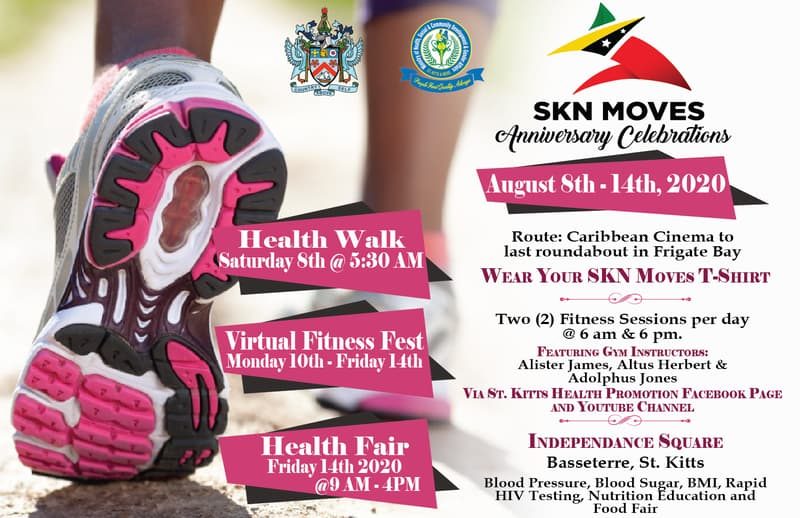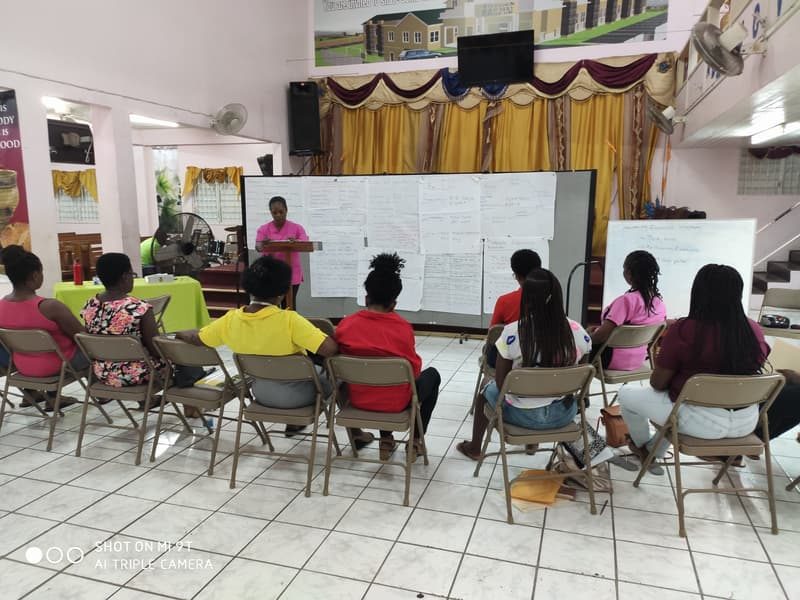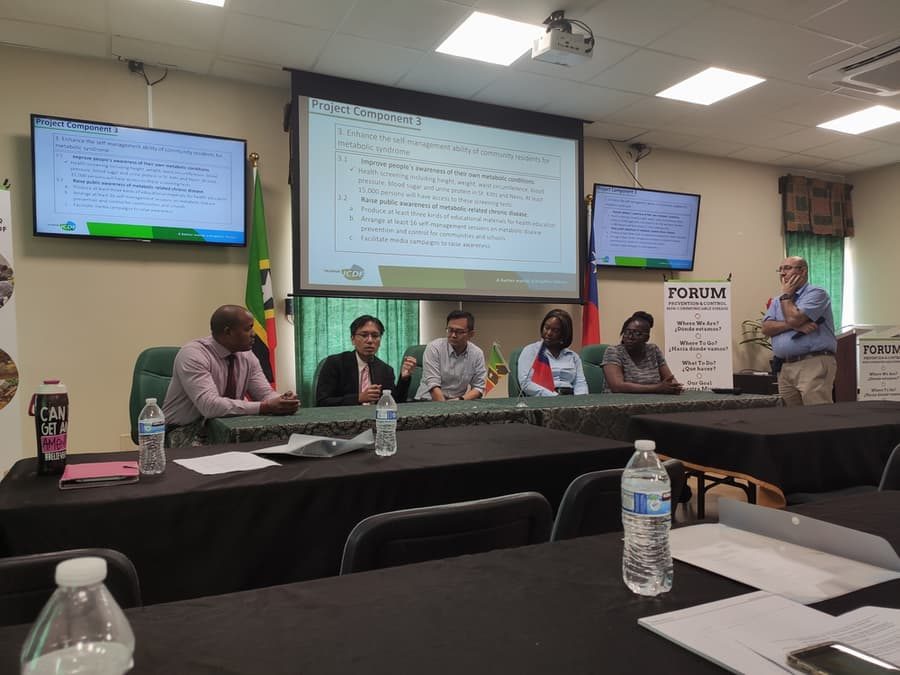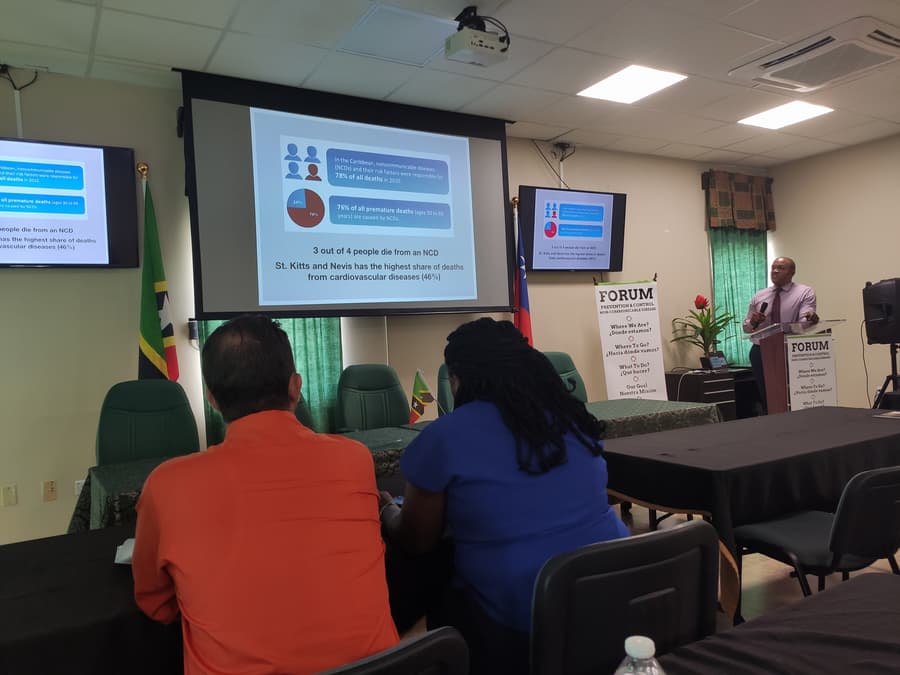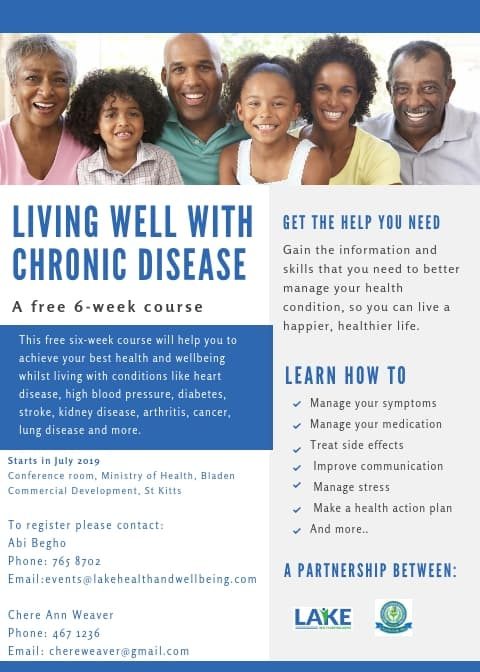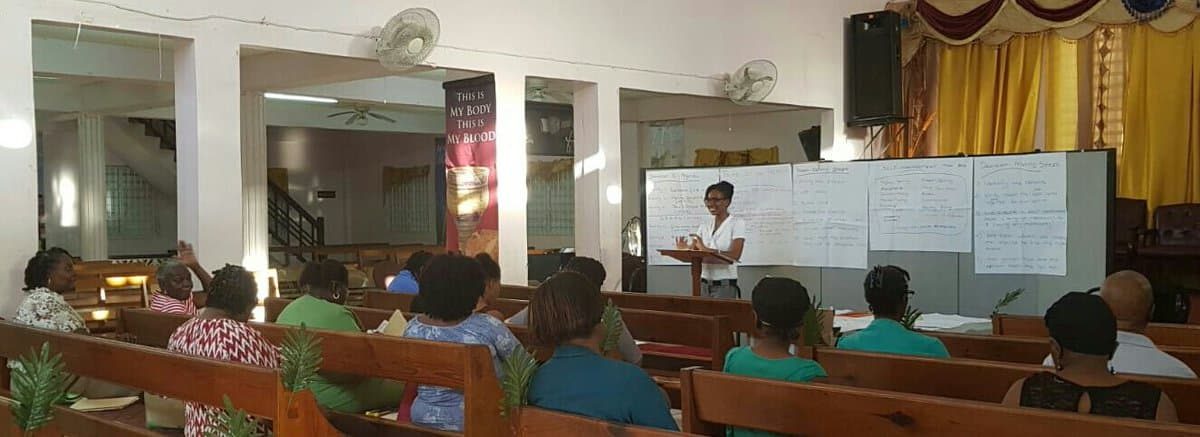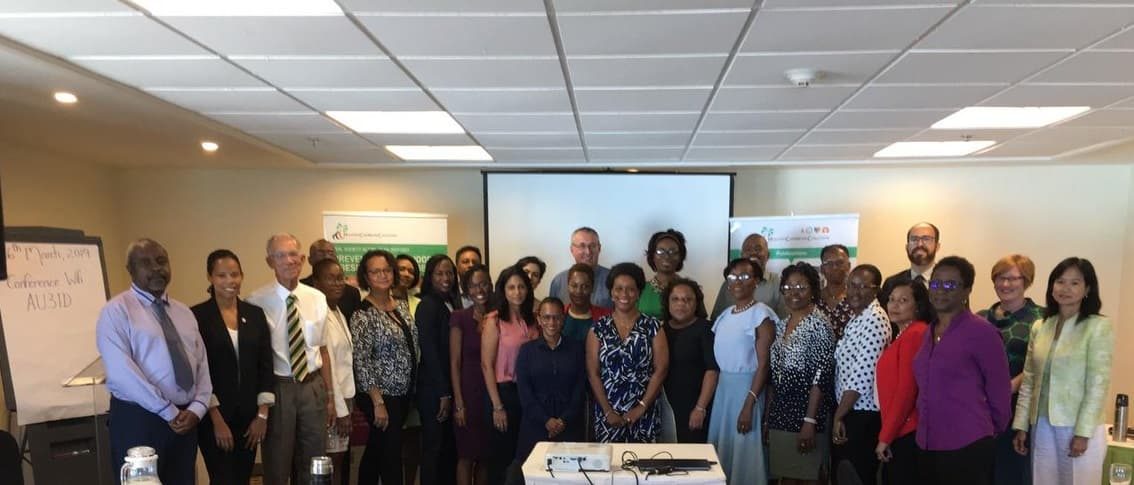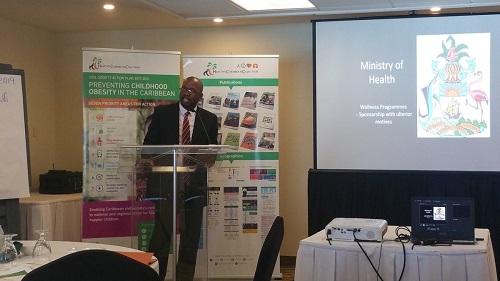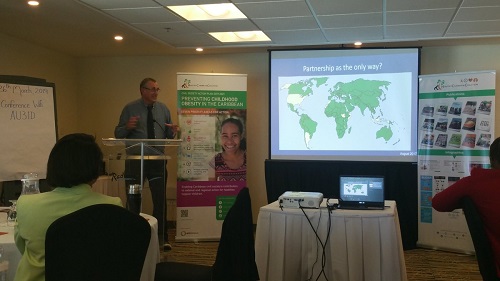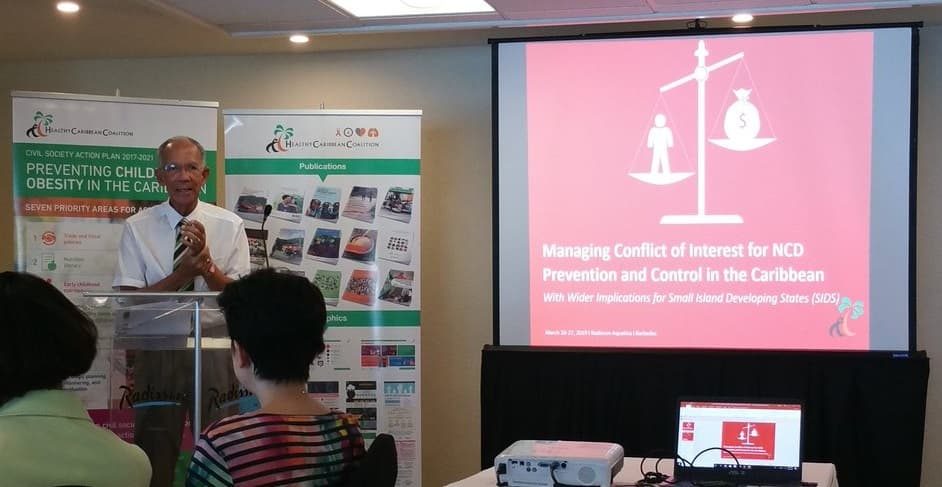Welcome to part two of our ‘Discussions on Managing Conflict of Interest’ blog. In part one we provided some background to conflict of interest (CoI) and the challenges faced by those aiming to tackle NCDs in the Caribbean. Here, in part two, we’ll be providing highlights from the Health Caribbean Coalition’s (HCC) conflict of interest meeting which we attended a couple of weeks ago.
The HCC’s Meeting
The HCC’s CoI meeting was a two-day regional event held on 26th and 27th March 2019 that had a focus on conflict of interest in the prevention and control of non-communicable diseases (NCDs) in the Caribbean, and the overall aim of the meeting was to begin to build regional capacity to identify and manage conflict of interest.
Regional Experiences of Conflict of Interest

The meeting started with an interesting and insightful look at regional experiences of CoI from both civil society and the public sector. From civil society, we heard from the Heart Foundation of Jamaica, the HCC and the Trinidad and Tobago Heart Foundation, and from the public sector, we heard from representatives from the Ministries of Health in Antigua, the Bahamas and Jamaica. Collectively they touched on industry interference and conflict of interest. Some interesting points that were raised included:
- In the Caribbean, in most instances, we have to live with CoI and so approaching this area from the point of view of managing CoI is a more practical and realistic approach
- The difficulty of dealing with the “smallness” of the Caribbean – everyone knows each other and in our professional lives, in tackling NCDs, we may have to fight against people we know and respect
- Absolutes are unlikely to work except with the tobacco industry where globally the public health community does not partner with tobacco companies. For other industries, like the food and beverage industry, we must explore degrees of conflict of interest (low, medium and high) and degrees of partnership or engagement. Not every engagement will be detrimental to public health and we must understand how to manage conflict of interest whilst getting the most benefit out of any relationship or partnership
- What happens after a conflict of interest has been identified? What is the process for review? Is it an actual, potential or perceived CoI? What is the process for recusal?
- Should an organisation’s CoI policy be generic or specific?
- Some good practice with respect to disclosure forms:
- All CoI policies should have a supporting disclosure form
- Disclosure forms are valid for a year
- The obligation is on the person who is disclosing to report any changes within that year
- Have a process for checking the accuracy of a completed disclosure form
- Managing conflicts of interest – ensure that if you’re going into a partnership with industry that a lawyer reviews the MoU and any non-disclosure agreements to prevent any CoI issues; don’t be afraid to negotiate so you can minimise any risks or exposures.
WHO/PAHO Tool for Preventing and Managing CoI In Nutrition
 A core part of the HCC’s meeting was to explore the tools and support that could be offered to organisations to identify and manage conflict of interest in order to build regional capacity. Therefore, during the meeting, attendees were introduced to WHO’s draft tool for preventing and managing CoI, including an abbreviated ‘scoping’ version of this tool developed by PAHO, and a draft of the HCC’s CoI guide and policy.
A core part of the HCC’s meeting was to explore the tools and support that could be offered to organisations to identify and manage conflict of interest in order to build regional capacity. Therefore, during the meeting, attendees were introduced to WHO’s draft tool for preventing and managing CoI, including an abbreviated ‘scoping’ version of this tool developed by PAHO, and a draft of the HCC’s CoI guide and policy.
The PAHO scoping tool provides a simple method to evaluate potential engagements and is divided into three areas that enable organisations to reflect on important issues before deciding on whether to enter into an engagement with an external entity. These areas include:
- Actor alignment
- Engagement profile
- Assessing the risk and benefits
Additionally, this scoping tool complements the more comprehensive decision-making tree developed as part of the WHO draft tool. This is a 6-step process that takes the user through a structured process for analysing a potential engagement to identify and manage conflict of interest. The steps include:
- Exploring the rationale for engagement
- Profiling, due diligence and risk assessment of the external actor and the potential engagement
- Balancing risks and benefits
- Risk management
- Monitoring, evaluation and accountability
- Transparency and communication
Both resources provide users with an objective and comprehensive method of identifying and assessing conflict of interest, whether an engagement should be pursued and if so, what measures can be introduced to manage any conflicts of interest.
The HCC’s CoI Guide and Policy
Finally, the HCC presented their draft CoI guide and policy which is aimed at their staff, volunteers, board members, advisors, interns and consultants. Their policy and guide aims to prevent, identify, avoid and manage CoI. It also aims to serve as a general guide for civil society organisations and individuals as they develop their own CoI policies, the idea being that CSOs can simply adapt the HCC policy to suit local needs and situations.
Our Thoughts
We thought this was an excellent meeting which gave us a lot of food for thought.
Conflict of interest is an area that we considered on a simple level, but this meeting allowed us to explore this subject in depth and fully appreciate the risks of not properly analysing the relationships that we seek to enter.
The meeting was very timely as over the past few months we’ve started to explore organisations that we can approach to support some of our activities and during this process, we have found it challenging to determine whether we should pursue forming relationships with an organisation that promotes both healthy and unhealthy food and beverages. Attending this meeting has given us some clarity and by using the knowledge we have gained from this meeting and the PAHO tool we believe we can make a better decision.
Conclusion
We encourage Caribbean civil society organisations working in the NCD field to explore developing an approach to tackling conflict of interest to safeguard the credibility and integrity of their work, and for further information, please do reach out to the Healthy Caribbean Coalition







